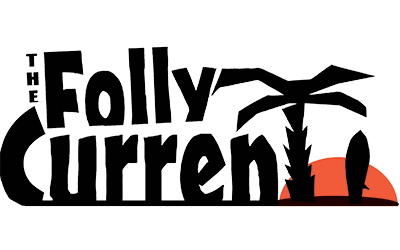Treat Symptoms or Promote Healthy Growth?
 A landscape is a living environment and how we interact or don’t interact with it really has profound effects. For example, if we nurture a garden it grows and produces. If we leave it completely alone it reverts back to woods.
A landscape is a living environment and how we interact or don’t interact with it really has profound effects. For example, if we nurture a garden it grows and produces. If we leave it completely alone it reverts back to woods.
Something most of us don’t think about is that treating gardens (or ourselves) through an artificial approach is a short lasting approach and can really do some harm.
In the pursuit of knowledge and technique I thought I would share some insight that I see every day.
So your lawn or plants are looking a little rough? Don’t wait for things to sour. Having a landscape other than natural woods requires some budgeted time and/or money so if you’re doing your own yard make sure you have time to take care of things while they’re healthy. (Don’t wait till your brakes fail before doing maintenance.) Basic labor and yard work can make the difference. Spend some time in and with your yard. It wants to tell you it’s needs
As far as treating sypmtoms once something goes wrong, throwing chemicals at it and expecting something to snap back healthy is unrealistic. In order for a landscape to mature and thrive, we need to nurture it. Just like a human we water and feed it early on and tend to it until it’s grown enough to stand on its own. If a landscape is sick the last thing we need to so is run to the store and get the cheapest “over the counter” fix er up pesticides, fungicides, etc. Your body/landscape needs vitamins and nutrition. We can’t thrive alone on pain relievers, sinus medicine, etc. So how can our landscape? Also our bad chemical decisions can effect other’s environment including wildlife, so think about what you do. (Not to mention you need a license to apply chemicals.)
Part of Nature is to Nurture. Grow it strong, healthy and wise. Have a great April everyone and stay grateful. Aloha!
Charlie Stonecypher is the owner of Suncoast Irrigation and Landscaping. They specialize in products that work smart without wasting resources. Contact him at (843) 327-8642 or email suncoastirrigation@gmail.com.

